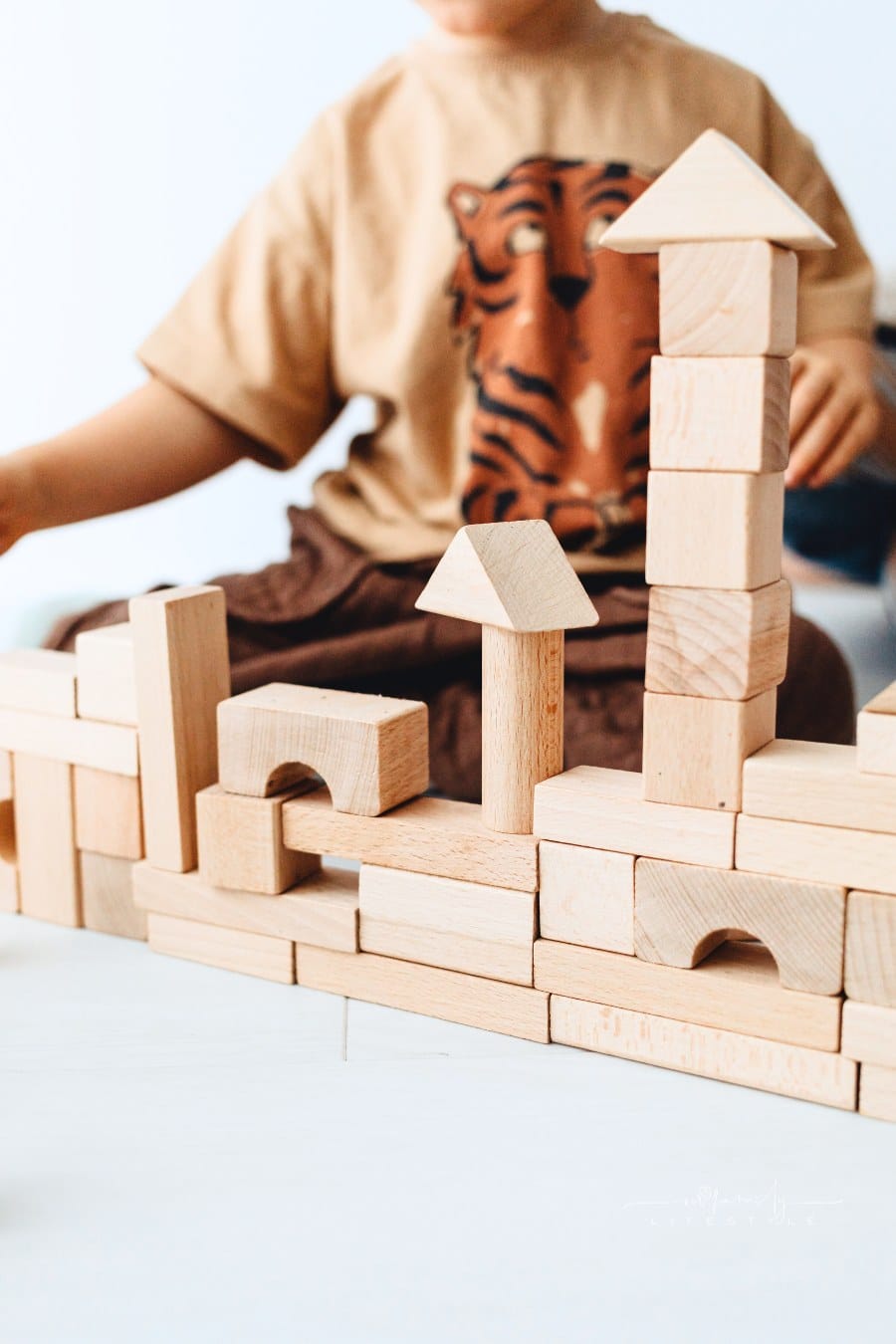Play is often viewed as the natural language of childhood. But beyond simply being fun, play is a vital component of early learning.
Play-based learning is an educational approach that leverages play to foster children’s growth in multiple areas—cognitive, social, emotional, and physical.
For young learners, play isn't just recreation; it’s a powerful tool that shapes the way they understand the world.
In this article, we explore how play-based learning provides nurturing environments for children to learn in and supports different aspects of early childhood development.

The Role of Play in Cognitive Development
Play-based activities are instrumental in enhancing children's cognitive skills.
Through activities like puzzles, imaginative games, and building blocks, children learn to think critically, solve problems, and use their creativity.
For example, solving a simple puzzle teaches children about patterns, spatial relationships, and logical reasoning.
Similarly, building with blocks challenges children to understand balance, geometry, and even the basics of engineering.
Imaginative play—where children take on roles and create stories—is particularly effective in fostering creativity.
Whether they're pretending to be a shopkeeper, a doctor, or an astronaut, children are constantly using their imagination to build scenarios, resolve conflicts, and develop narratives.
This type of creative exploration helps develop both language skills and abstract thinking, laying the foundation for future academic learning.
Fostering Social and Emotional Growth
Play also plays a crucial role in a child's social and emotional development. Collaborative play encourages children to communicate, share, and work towards common goals.
Whether they're building a sandcastle together or participating in a group game, children learn to listen, compromise, and appreciate different perspectives.
These experiences are foundational in teaching empathy and building interpersonal skills, both of which are essential for navigating social relationships throughout life.
Moreover, unstructured playtime provides children with opportunities to develop emotional resilience and independence.
When children are given the freedom to explore on their own, they learn to make decisions, handle setbacks, and adapt to new challenges.
This autonomy fosters a sense of competence and confidence, helping young learners become more emotionally well-rounded.
Physical Development Through Play
Physical activities, such as outdoor play and sensory games, are vital for the physical development of young children.
Running, jumping, climbing, and other physical pursuits help improve gross motor skills, while activities like drawing, threading beads, or playing with clay enhance fine motor skills.
These physical competencies are not only important for overall health but also support cognitive development by helping children manage body coordination, spatial awareness, and even concentration.
Moreover, research suggests a strong link between physical health and cognitive function
Children who engage in regular physical play often show improved focus, better memory, and enhanced academic performance, all of which are critical for their early learning journey.






